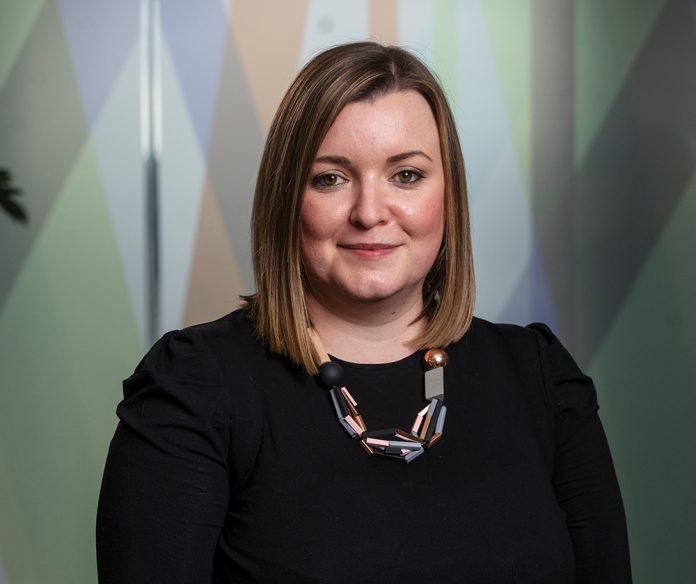At a time when cost of living is skyrocketing, it has never been more important to be on top of your finances.
The pandemic has witnessed a change in awareness, with more of us thinking about the future, what is important and the part our financial situation plays.
For women, adding gender pay gap into the mix, often smaller pensions and the cost of rising inflation, combined with spending more time caring for others – all has an impact on our finances.
Women today, on the whole, are more financially independent than ever before and despite the younger generations taking finance into their own hands, legacy issues are still likely to remain.
Bridging the savings gap
A recent Scottish Widows report found that women will need £100k to bridge the savings gap, another £50k to cover longer life expectancy and £35k to pay for any associated care needs. This means saving £210 more a month from age 25 until the day they retire.
In my experience within a couple, one will naturally take the lead role in financial matters, with more mature clients, traditionally this has often been the male. That stems from the traditional role of mother and more women working part time.
Financial impact of having a child
Women are disadvantaged in the longer term as they tend to be the one that goes part-time after having children. Whilst shared parental leave is gradually becoming more common in the UK, not all employers offer it, and benefits can vary. Women are thinking more of the here and now, but there is an impact on your 60 year old self and your reduced pension pot. For this, and other reasons, women often are not as confident in their pension and retirement planning and can be unsure about things like investing.
Financial planning can help lessen the burden and impact of fluctuating earning potential after becoming a parent, it’s never too early to start planning and thinking about retirement and wider financial issues.
Start talking
The first step toward gaining financial confidence is to start talking more. Many women have grown up thinking that money is a hush-hush topic but if you want to be in control of your financial life, overcoming this is essential. Families especially should have open conversations about their finances. Talking about money normalises it, whether you’re male or female, and makes the whole topic less intimidating.
Turn the financial tide
It isn’t all doom and gloom and our role as financial planners has changed significantly in that women are now engaged, forging ahead with plans and their careers. It’s more about the balance not necessarily being there, and with lots of juggling, finance often gets pushed down the priority list.
Education is key to this, and if you have been avoiding it and want to rectify that, this is where to start.
Anything from researching and reading, to listening to podcasts are all great starting points. Try to understand your finances, budget, what your everyday looks like and get to grips with your income and outgoings. Always ask questions – whether it’s to a friend, colleague, family member, and engage with a financial planner.
It’s then important to set goals on what you want to achieve, what you need funds for and how and when they will be used. All of this forms part of financial planning and the forecast to look at, the here and now, and how you get to point b, in terms of future years.
This creates your roadmap to help with understanding each piece of your financial jigsaw, and how it all comes together, while helping to build your confidence and the empowerment that comes with planning your own financial independence. Feeling in control of your finances helps in all aspects of your life, so you owe it to yourself to define your goals, start that conversation with those around you and plan for the future.
Tel: 01224 392350







